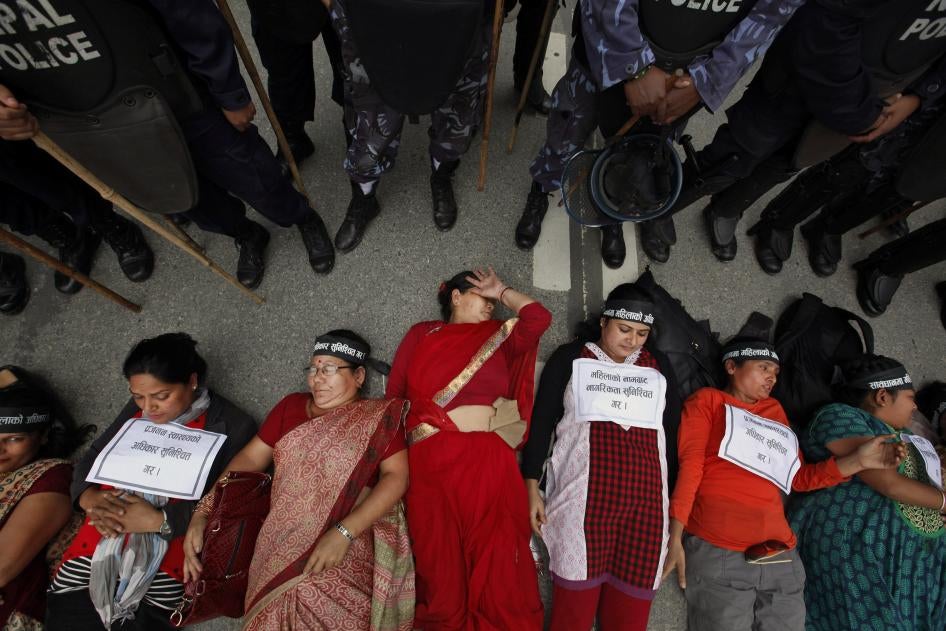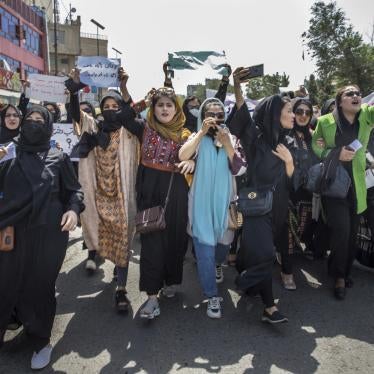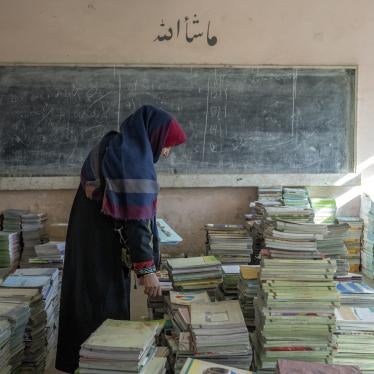Nepal’s constitution guarantees equal rights to men and women and prohibits gender-based discrimination. Yet, it also contains provisions that blatantly discriminate against women, for instance, by limiting their ability to confer citizenship to their children.
Nepal’s new government is reportedly preparing to bring the long-awaited Nepal Citizenship Act (Amendment) Bill back to parliament. The bill does not address longstanding discriminatory provisions that make it harder for children of Nepali women to obtain citizenship than it is for children of Nepali men.
According to Article 11(7) of the constitution, Nepali men can automatically confer citizenship to their children by descent, but Nepali women must prove that her child’s father is Nepali or declare he is “unidentified.” If such a declaration is proven false, the woman would face prosecution. This provision not only infringes on women’s rights to privacy, but also renders women unequal under the law.
Nepal’s citizenship laws disproportionately affect female members of the marginalized Madhesi community, who mostly live near the Indo-Nepal border and often have cross-border marriages, as well as unmarried mothers, including rape survivors. These laws have made thousands of children in Nepal effectively stateless, making it impossible for them to pursue higher education, formal employment, or access state benefits and services.
Politicians justify this discrimination as a means of defending nationalism and “sovereignty,” all at the expense of Nepali women’s rights.
Nepal’s citizenship laws contravene its constitution and violate the Convention on the Elimination of All Forms of Discrimination Against Women, which Nepal ratified in 1991, as well as the Convention on the Rights of the Child, which Nepal ratified in 1989.
This International Women’s Day, whose theme is #EmbraceEquity, the government should swiftly amend the patriarchal and discriminatory citizenship laws that undermine Nepali women’s identities and make them second-class citizens. In particular, Prime Minister Pushpa Kamal Dahal should make good on his promise to adopt the Nepal Citizenship Act (Amendment) Bill within the next six months, with further amendments to uphold Nepali women’s right to equal citizenship.










